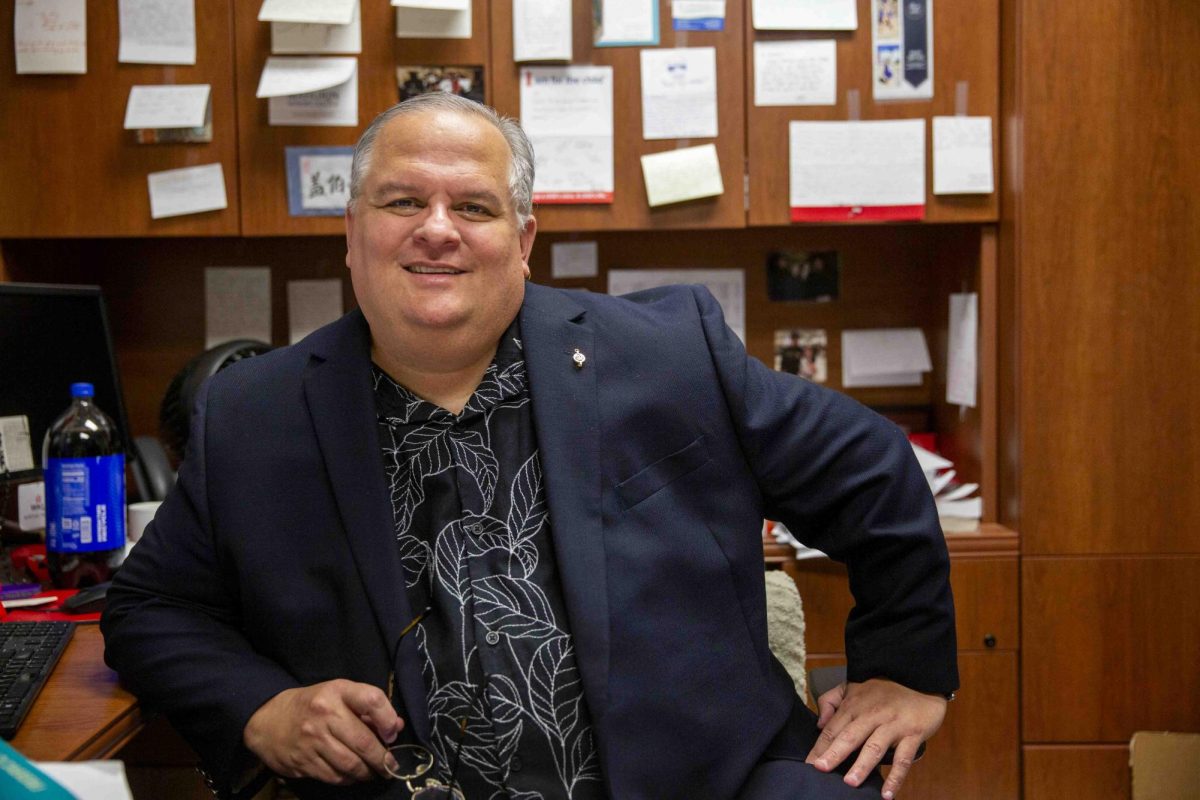Brodie Curtsinger and Jada Peterson, who lead WKU’s chapter of the American Foundation for Suicide Prevention (AFSP), want students to know that if they’re suffering, they’re not alone.
“I wish that more people understood that there are resources that they can go to and that they don’t have to fight anything quietly behind closed doors,” said Peterson, a sophomore social work and psychology double major. “There’s always someone there for them and like I’ve heard before, everyone is loved more than they know.”
From educating students about risk factors and warning signs to reaching out to those who have lost a loved one, AFSP’s goal is to eliminate the loss of life to suicide.
Established in 1987, AFSP is a non-profit health organization that helps those affected by suicide find empowerment through research, education and advocacy.
Alongside over 70 chapters nationwide, the WKU AFSP chapter serves the community by bringing awareness and mental health resources to those who may need them.
“It is our profound and heartfelt goal to ensure that although a suicide loss can never be forgotten, it can often be adapted to and processed healthily overtime,” states the national AFSP website.
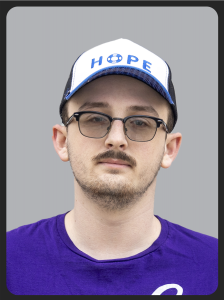
Brodie Curtsinger, a junior photojournalism major and Talisman magazine visuals editor, became chair of the campus chapter after founder Gabe Heckerman graduated last year.
Heckerman established the WKU AFSP chapter in 2021. Since then, the organization has continued its activity on campus, primarily holding fundraising events like the annual “Out of the Darkness Walk.” The chapter is currently preparing for its 2025 walk, which will take place on March 8.
“The ‘Out of the Darkness Walks’ are AFSP’s largest fundraising opportunity, helping to make possible our investment in research, education, loss support, advocacy, and so much more,” the AFSP website states. “Each walk sends the message that people will proudly show up for this important cause that affects everyone, inviting people to walk together with others who understand.”
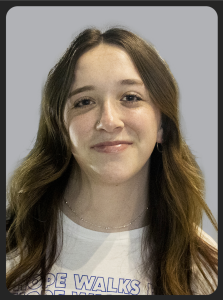
Curtsinger and Peterson act as the sole committee members for the chapter, and together they plan, organize and execute the campus walk throughout the semester.
According to Curtsinger, last year’s walk raised more than $4,000 for the foundation and saw an estimated turnout of over 300 participants.
Braden Clough, a junior exercise science major, and Adam Vincent, a sophomore psychological science major, volunteered at last year’s campus walk. They both found the impact of community response and support as an inspiration to continue mental health advocacy.
“Mental health, at least for me, was something that was kind of in the background for the earlier years of my life, and then after last year’s walk, all of a sudden we were working to raise money and to be a part of the walk,” Clough said. “That was just so special to all of us to see the response and that people really do care about this and they’re willing to rally around a good cause.”
Clough, the president of the Sigma Nu Fraternity Eta Rho chapter, said he felt compelled to get involved with the walk after a member of the WKU Greek community died last spring.
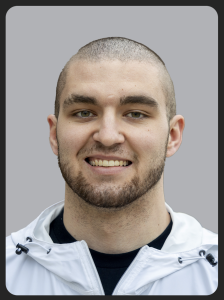
“It’s very amazing to see everybody just come together from all different kinds of aspects of their environment for one cause,” Vincent, philanthropy chair of the Sigma Nu Fraternity Eta Rho chapter, said.
According to the Centers for Disease Control and Prevention, suicide was the 11th leading cause of death overall in the U.S. in 2021, claiming the lives of over 48,100 people.
In Kentucky, suicide is the second leading cause of death in teenagers and young people, according to the Kentucky Department of Education.
“Seeing all of us brought together under the same reason, it breaks my heart, but it also just makes me so happy,” Curtsinger said. “Conversations start and we’re all there to relate to one another and to grieve if we need to.”
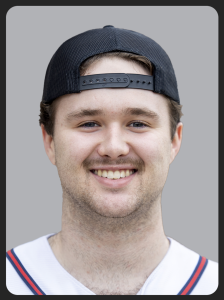
Dr. Amy Brausch, a psychological sciences professor at WKU, received a grant from the national AFSP chapter in 2022 to go toward her current research in studying suicide and self-harm patterns in youth and college students.
“Nationwide, it is still one of the leading causes of death for young people,” Brausch said. “It is the third-leading cause of death for people between ages 15 and 24.”
Her work focuses on understanding why young adults self-harm and finding pathways of support and treatment plans for people with suicide risk.
Brausch’s study assesses the patterns and factors leading up to suicide attempts like life events, sleep patterns and social habits.
“We have even more people who are attempting suicide and even more people who are thinking about it, so it’s pretty widespread,” Brausch said. “I’ve looked into both high school and college students, and its still pretty prevalent and has stayed prevalent across the past few years.”
Curtsinger and Peterson emphasized those experiencing mental health struggles to know they are not alone.
“You know, that’s one of the big phrases in mental health – you’re not alone, something we see all over the place,” Curtsinger said. “But it is true that no matter what, you’re not alone, and here at WKU there’s not only local organizations there to help you like the Counseling Center, or if you contact us, we can help you get in contact with the right person.”
Students interested in joining the WKU AFSP chapter can contact Brodie Curtsinger at brodie.curtsinger612@topper.wku.edu or Jada Peterson at jadalaine4@icloud.com.







